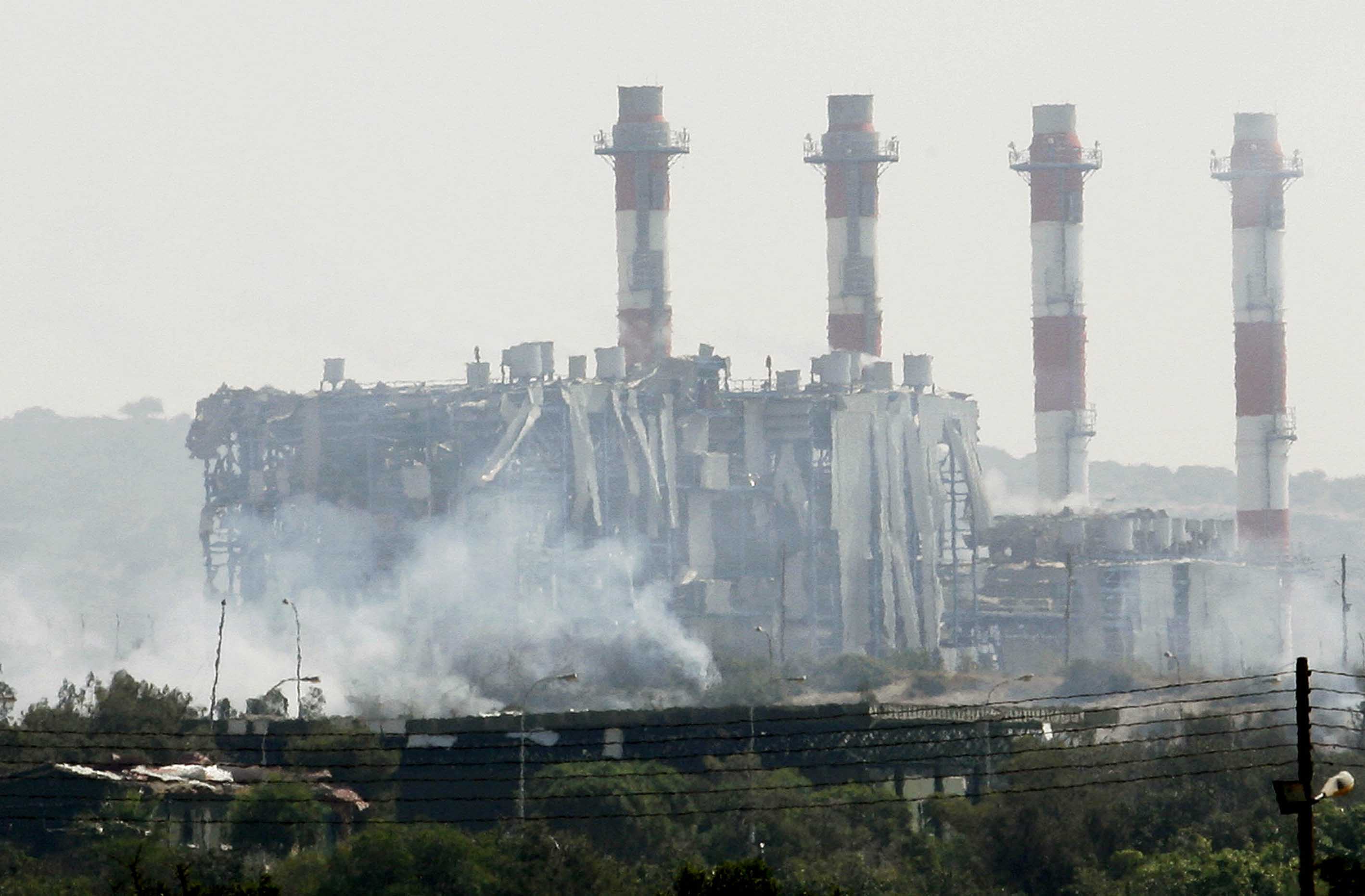The tragedy in Mari was the result of administrative, technocratic and political deficits, but unfortunately, did not lead to a punishment that satisfies people’s sense of justice, deputy government spokesman Yiannis Antoniou said on Sunday.
He was speaking at the annual memorial service for Captain Andreas Ioannides and Lieutenant Cleanthis Cleanthous, two of the 13 people who died in the Mari explosion on July 11, 2011 at the Evangelos Florakis Naval Base.
The victims, he said, “paid with their lives the price of a series of omissions and mistakes, at the military, administrative and political level. Omissions and mistakes, which made the tragedy seem inevitable”.
“This has further widened the gap that separates citizens from politicians, and undermined the foundations of the credibility of state institutions and of the state itself,” Antoniou said.
A semi-occupied country, which loses in peacetime, so unjustly, officers, non-commissioned officers and soldiers, has an obligation to do whatever is necessary to ensure that it never again suffers such losses, he added. “Our country has a legal and moral duty to ensure the safety of those who serve it”.
Saying that in a just state, the protection of human life must be a top priority, Antoniou conveyed he deep anguish of the state to relatives and apologised for the loss of loved ones.
Ioannides and Cleanthous “honoured their uniform and did their duty in full. Their attempt to contain the fire was extremely dangerous, with a limited chance of a successful outcome,” Antoniou said.
“Their physical absence makes their mental presence even more intense. Because at the time of the crisis, they declared themselves present as they should,” he added.
The other victims were Captain Lambros Lambrou, Commander Michalis Irakleous, Commander Antonis Charalambous, twin brothers Commander Christos and Miltos Christoforou, Lieutenant Andreas Papadopoulos and Sergeants Giorgos Giakoumis, Spyros Ttantis, Adamos Adamou, Vassilis Krokos and Panayiotis Theofilou.
The Mari blast was caused by 98 containers of explosives stored under the scorching sun, which self-detonated, killing 13 and injuring 62.
It also severely damaged the nearby Vasiliko power station, causing rolling power cuts.
The munitions had been confiscated in 2009 from a Cyprus-flagged ship enroute to Syria and were then stacked in an open space at the base and left exposed to the elements until the day of the explosion, despite repeated warnings about risks.
Following the disaster, the council of ministers declared the deceased as heroes who lost their lives in the line of duty, while Nicosia lawyer Polys Polyviou was appointed, as a one-man committee, to carry out an investigation into the circumstances that led to the blast and establish who was politically responsible.
Polyviou found late President Demetris Christofias to be mainly responsible, while foreign and defence ministers Marcos Kyprianou and the late Costas Papacostas, were also found culpable.
However, Christofias rejected the findings and accused Polyviou of overstepping his mandate.
A three-judge panel ruled that Papacostas had been responsible for safeguarding the containers and was aware of the danger posed by the manner of their storage but failed to take any action.
Papacostas was sentenced to five years in jail for manslaughter in 2013, with the Larnaca court saying he had “closed his eyes to the danger”. He died in hospital in 2015.






Click here to change your cookie preferences